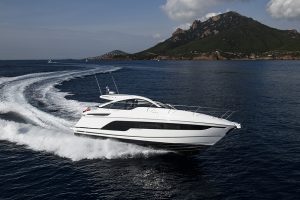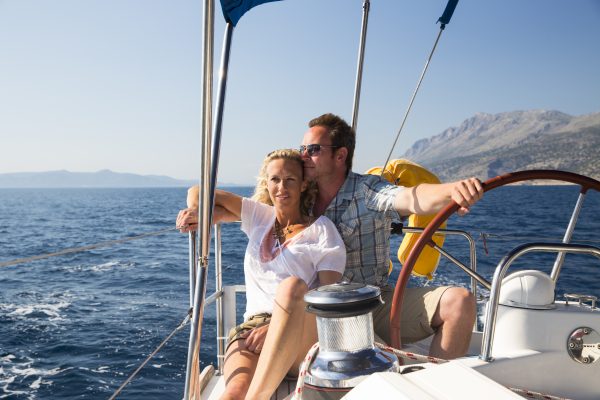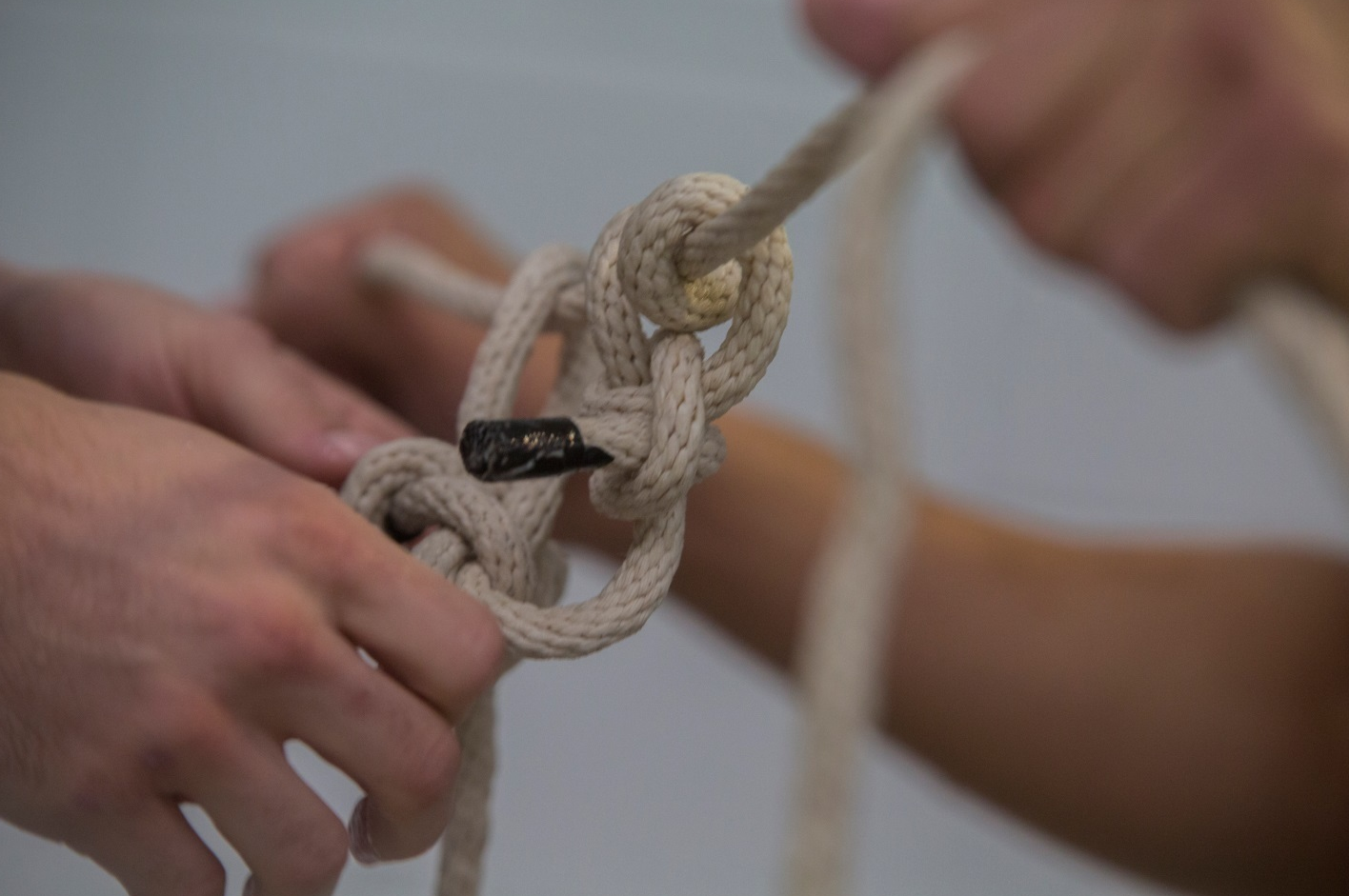Advice for first time cruisers from those who’ve been there!
Is one of your plans this year to give up life on land and cruise long term? YBW has asked seasoned cruisers their pearls of wisdom for first timers
Willie Haskins

Willie Haskins
“Spend enough time wherever you visit to get to know the people, culture, foods, and natural beauty. Too often, people sail through the Caribbean in six months and say, “We’re off; seen it all.” I’ve been sailing the Caribbean for years and still have not seen it all.”
A retired associate professor of Physical Therapy from Florida International University in Miami, Willie has been sailing for more than 40 years with her husband, Mark.
For the last 18 years, they have been living aboard their ketch LIAHONA, and have been sailing the Eastern Caribbean for the last six years.
Stephen Pavlidis
“I suppose one thing I could say would be for the neophyte to learn that there is no rush, that they don’t have to be somewhere so badly that they must risk life and vessel to make a deadline. A lot of the folks I’ve spoken to claim this as the reason they got caught in bad weather, some losing their vessels, one or two losing their lives.”
Stephen has cruised for more than 30 years. He is currently in Atlanta, Georgia, between boats, and prepping for a return to The Bahamas.
Paola Tinti

Paola Tinti
“Seasickness can be overcome with time.”
“If you are sailing as a couple find your own area/s of competence. This will help you to keep the peace on your boat.
“My husband will always be a better and more experienced sailor than me, but on our boat I am the navigator and chief engineer. These are skills that I have learned over time and now even other boat owners ask for my advice in these fields.
“You will be able to find good marine supplies and services wherever there is a port. Even if you do not speak the language, you will be able to communicate with the local engineer or supplier of antifouling.”
Paola learnt to sail in dinghies as an adult before her first trip on a cruiser from Poole to Cherbourg at the age of 35. Not put off by the cold overnight Channel crossing, she then sailed with her husband between the UK and Spain over a period of few months before deciding to give up work and home and move permanently onto their Bavaria 37.
The couple sailed from Cowes to Buenos Aires and back over a period of five years. They are now back in the UK living on land, but still spend holidays sailing to Europe.
Nicholas Gray

Nicholas Gray
“Keep it small and simple”
“Size – For many years 36-foot was thought of as the ideal size for a long term cruiser. Today average size has crept up to nearer 50-foot. Remember that costs and complications expand exponentially with size. Think of how many 25-foot Vertues have roamed the world’s oceans for years.”
“Simplicity – Avoid electrics and electronics wherever possible. This will save you money too. Install wind vane self steering – equivalent to an additional crew member and all for free. A bucket hung under the boom is as good as an expensive watermaker (Robin Knox-Johnston and Suhaili got most of the way round the world like this after his freshwater tanks became contaminated). A good slab reefing system is better than in-mast furling. Learn to use a sextant – it really is easy and you will get a huge feeling of satisfaction from it (but take a handheld GPS in reserve).”
Nicholas Gray has been sailing all his life and has sailed in everything from a 1900’s Falmouth Quay Punt to a 60-foot racing trimaran (Great Britain IV). He has raced and cruised in waters from the Baltic to the Mediterranean and has taken part in several short handed long distance ocean races, including the AZAB and the two-handed Round Britain and Ireland Race.
His book, Last Voyages, describes the lives, sailing careers and final voyages of some of the world’s finest sailors who were lost at sea was published in January 2017.
Kieran Flatt

Kieran Flatt
“No matter how keen you are, start off with a short sailing session – a couple of hours is ideal. Most first-timers thoroughly enjoy themselves, but you may find that you loathe the boat’s lurching motion through the waves and bitterly regret being there. I know complete novices who have made ocean crossings and loved it, but I also have friends who remember their first and only sailing trip as a frightening, miserable ordeal. If the skipper refuses to give you a gentle start, he’s not the sort of person I’d recommend going to sea with.”
Kieran is the editor of Yachting Monthly. He has been sailing for about 30 years and owns an small, elderly and slightly grubby plastic sloop.
Fiona and Chris Jones

Fiona and Chris Jones
“Consider carefully what you wish for since the reality can be both the fulfilment of a dream and the ultimate nightmare, but if you feel you have the skill, resilience and determination then there is no better way of life – so just do it.”
“Join the Ocean Cruising Club where you can both benefit from the experiences of so many great sailors and make your own contributions as you go.”
“Don’t be over reliant on technology, use traditional astro navigational skills as well. A wind vane steering system and a well balanced sail plan will take you around the world for free – power hungry technology can lead you into a state of electro- mechanical stress.”
Chris and Fiona Jones spent 14 years circumnavigating in their Gitana 43, Three Ships, visiting more than 40 countries. They have now returned to Y Felinheli in Wales.
Rules and regulations for cruising abroad
You’re ready to slip the lines, the engine’s ticking, lifejackets are on, and breakables are stowed, but are you really…
Best and worst of Cruising Life
Sell up and sail authors share boating experiences
Video: Hacks for better boating and sailing
No matter how long you've been sailing we all get those moments when our brains cloud over! Watch these boating…












